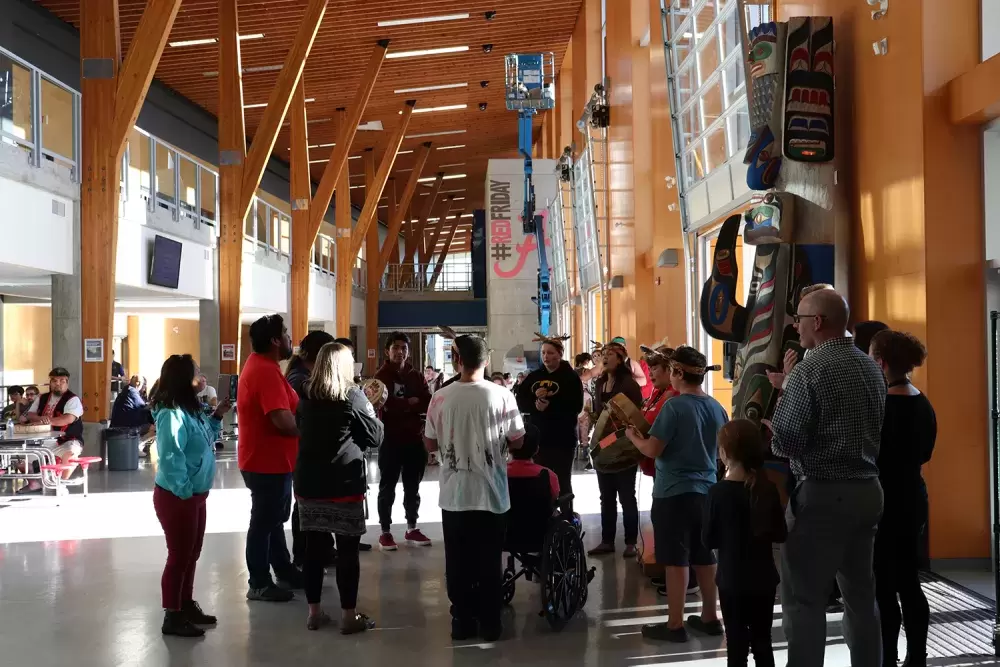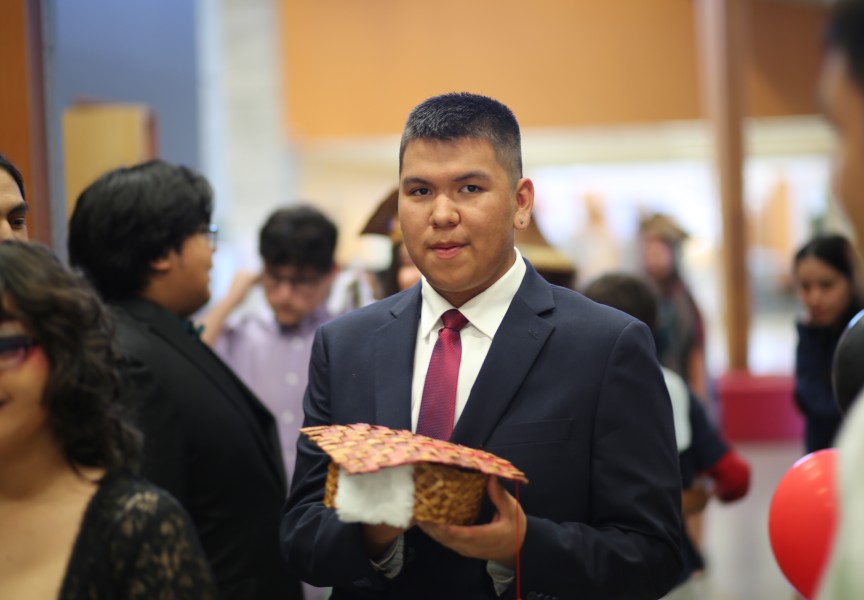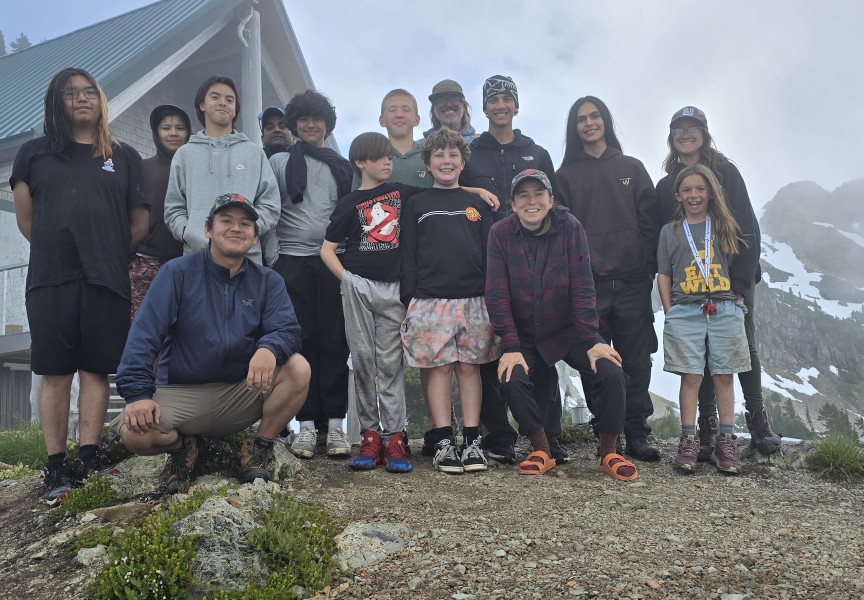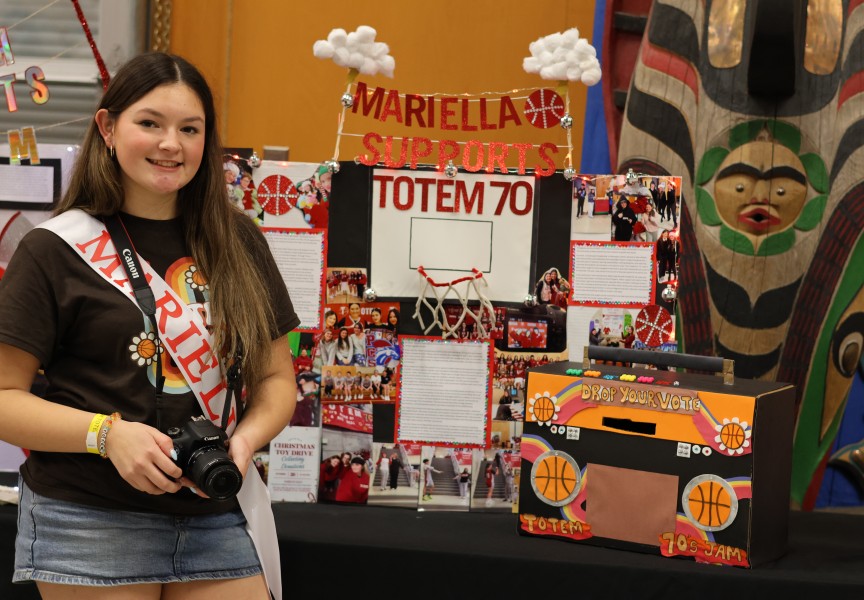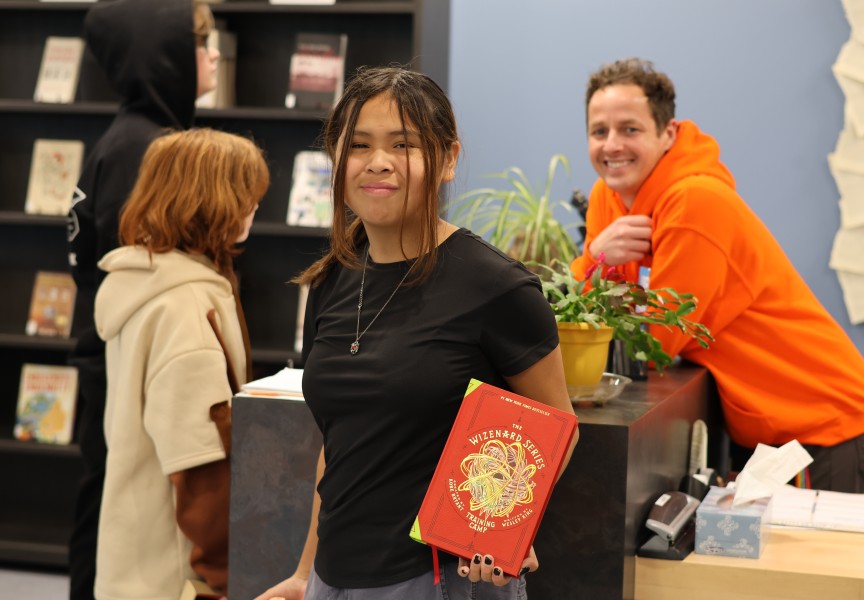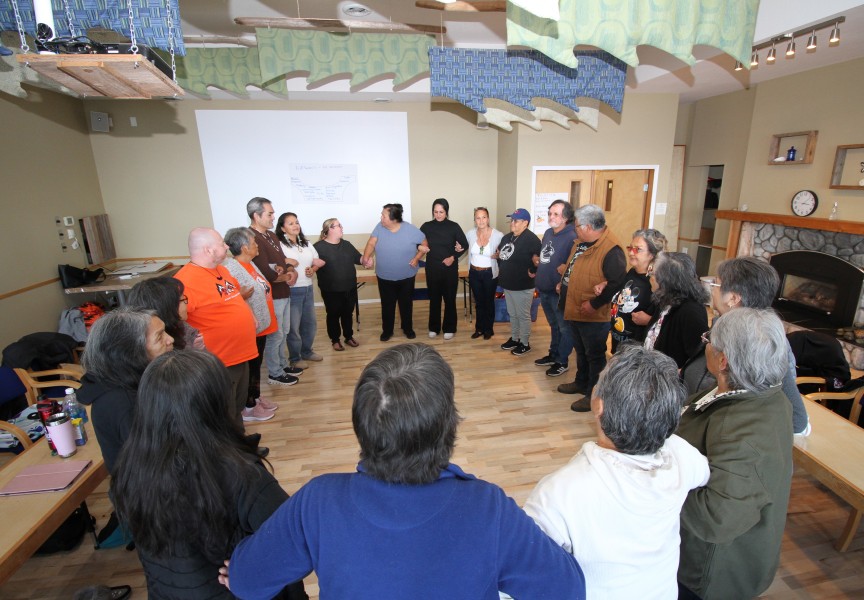The results for a survey done by R.A. Malatest & Associates in collaboration with the First Nations Education Steering Committee (FNESC) on Indigenous-focused graduation requirements have been released to the public.
A total of 5,657 people throughout B.C. completed the survey, with 58 per cent being parents or caregivers of students and 25 per cent being teachers. Input on the survey was collected from March 7 to April 22. It received generally positive feedback based on a few key areas: implementation timeline, teacher qualifications and training, funding and resources, as well as broadening the considerations for eligible course offerings.
In terms of negative feedback, respondents were asked to identify one or more classes they didn’t feel should be eligible for credit towards post-secondary graduation. According to the survey, ‘English First Peoples – Spoken Language 10’ received the most negative feedback, with the most common concern being that the class might not be practical or useful in comparison to other available courses.
The implementation plan for Indigenous-focused grad requirements is expected to be announced later this summer. According to B.C. Teacher’s Federation’s Suzanne Hall, these requirements will be implemented gradually, and some of the pieces are already in place.
“This year is sort of a feedback and planning year,” Hall said. There's going to be consultation and planning that happens and the requirements is starting the year after that. There currently are a few courses that are widely taught in the system already that we know would meet the criteria, like First Peoples 11 and First Peoples 12, as well as First Nations Studies.”
As Hall outlines, the upcoming school year will present districts across the province with an opportunity to run Indigenous-focused courses on a trial basis before they become mandatory in the 2023-24 school year. Hall adds that, in addition to courses available across the province, classes with local cultural ties will come into play eventually while things develop.
“Over the course of this next year, the idea will be to see what other courses can be developed and put into place,” explained Hall. “So, some of it will be local as well, some places across the province there would be the ability to put together a local course. There's a halfway step there for locally developed courses where the school boards can approve a course and it has to meet certain criteria so that it then counts for the kids for credit. So, some of these new courses could be done through the board approval process. The Ministry of Education could work with BC teachers and create new courses as well.”
Other than the courses already in place in B.C. schools, English First Peoples courses in writing, spoken language, new media, literacy studies and more will be among courses meeting the new graduation requirement. From the student perspective, the process to register for Indigenous-focused courses will be a familiar one. As they register for courses to earn enough credits towards graduation, an Indigenous-focused course will be a necessary requirement similar to how all students must complete a form of English 12.
On the teachers’ side of things, implementing Indigenous-focused courses is something they’ve wanted for a long time. Hall says the B.C. Teacher’s Federation is strongly in support of this kind of expansion in B.C. schools and has lobbied alongside the First Nations Education Steering Committee for the inclusion of Indigenous-focused courses at all levels.
“Social justice is a long-embedded vein in the work of the BCTF,” she said. “So, the BCTF as an organization has long supported trying to educate our members and the public about Indigenous issues, working really hard to try to meet the required calls to action from the Truth and Reconciliation Commission. We have long been advocating for the inclusion of, in all our coursework and in all the curriculum that we work on, the inclusion of embedding Indigenous cultural aspects and understanding history into our coursework.”
B.C. teachers played a major part in the survey’s feedback, with approximately 1,414 teachers providing their input.
In addition to Indigenous-focused courses being available and required in post-secondary schools, the Ministry of Education and Childcare is offering another option. Students will be able to earn external credits through courses such as First Nations language proficiency, First Nations drumming and/or dancing and First Nations carving and traditional art. Although this external credit option for cultural learning is coming into place alongside B.C.’s Indigenous-focused graduation requirements, it does operate separately from the provincial graduation requirement.

